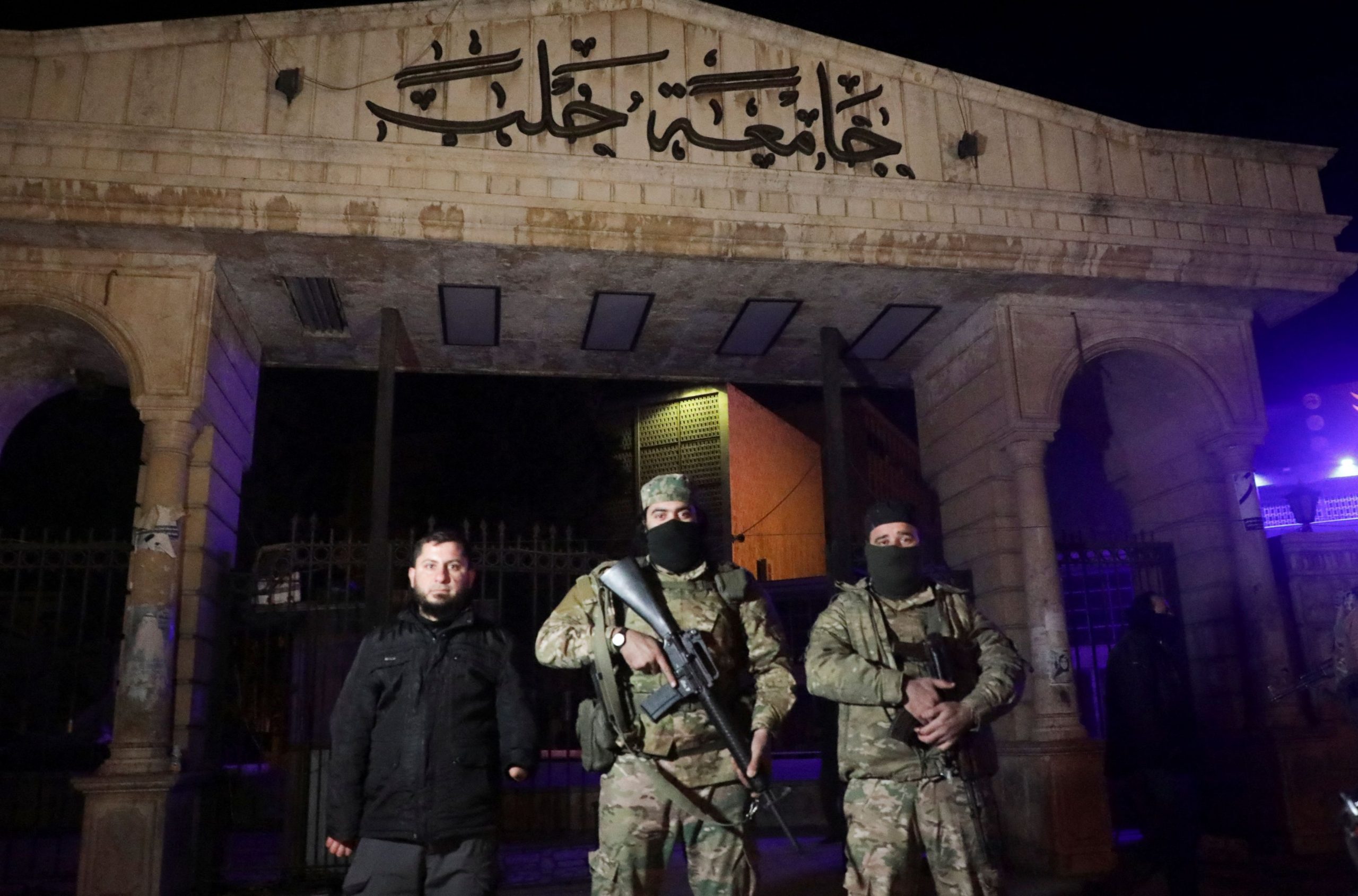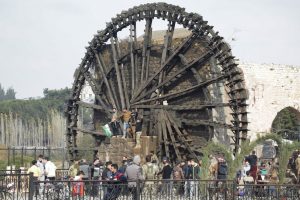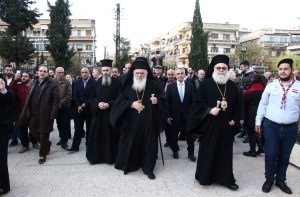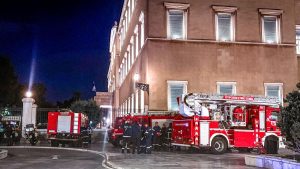Amid an alarming escalation in the Syrian conflict, Turkey, Russia, and Iran are intensifying diplomatic efforts to find a resolution. The foreign ministers of these nations are meeting in Doha, Qatar, this weekend as part of the Astana peace process, which began in 2017 to mediate Syria’s civil war.
The news comes as rebel forces, led by the Islamist group Hayat Tahrir al-Sham (HTS), advance rapidly through Syria, threatening key government strongholds.
Rebel Surge in Strategic Areas
In recent weeks, rebels have captured critical cities in Syria, such as Aleppo and Hama and are now nearing Homs, Syria’s third-largest city.
The offensive poses a severe threat to the Assad regime, potentially cutting off Damascus from the Mediterranean coast, a vital stronghold for Assad’s Alawite sect and Russian allies.
International media reports that the rebels’ momentum has forced thousands of civilians to flee Homs in anticipation of intensified conflict, while AP News reports that Syrian President Bashar al-Assad’s family has relocated to Russia.
Divergent Interests Among Negotiators
The nations participating in the Astana process have historically supported opposing sides in the Syrian conflict, complicating efforts to find a quick solution to the violence.
Russia and Iran back Assad militarily, while Turkey has supported rebel groups. As an article in Voice of America News highlights, Turkish President Recep Tayyip Erdoğan has voiced support for the rebels’ push toward Damascus, suggesting that a continued offensive could shift the balance of power.
Humanitarian Concerns and Global Implications
The escalating violence has exacerbated Syria’s humanitarian crisis, displacing thousands and worsening conditions in a region already devastated by over a decade of war.
The Times reports that the lightning-quick rebel advance has left the Assad regime reeling, while Russia and Iran scramble to safeguard their strategic interests and footholds in the region.
This weekend’s talks represent a critical juncture for the Astana process, but the deep divides between the negotiating parties may hinder progress.
As the conflict unfolds, international stakeholders are grappling with the challenge of achieving stability in one of the world’s most protracted and complex wars.
Meanwhile, the developments ring alarm bells for Europe, particularly regarding migration. The 2015 Syrian conflict prompted hundreds of thousands to seek asylum in the EU, an influx that fueled the rise of far-right movements across the bloc.






